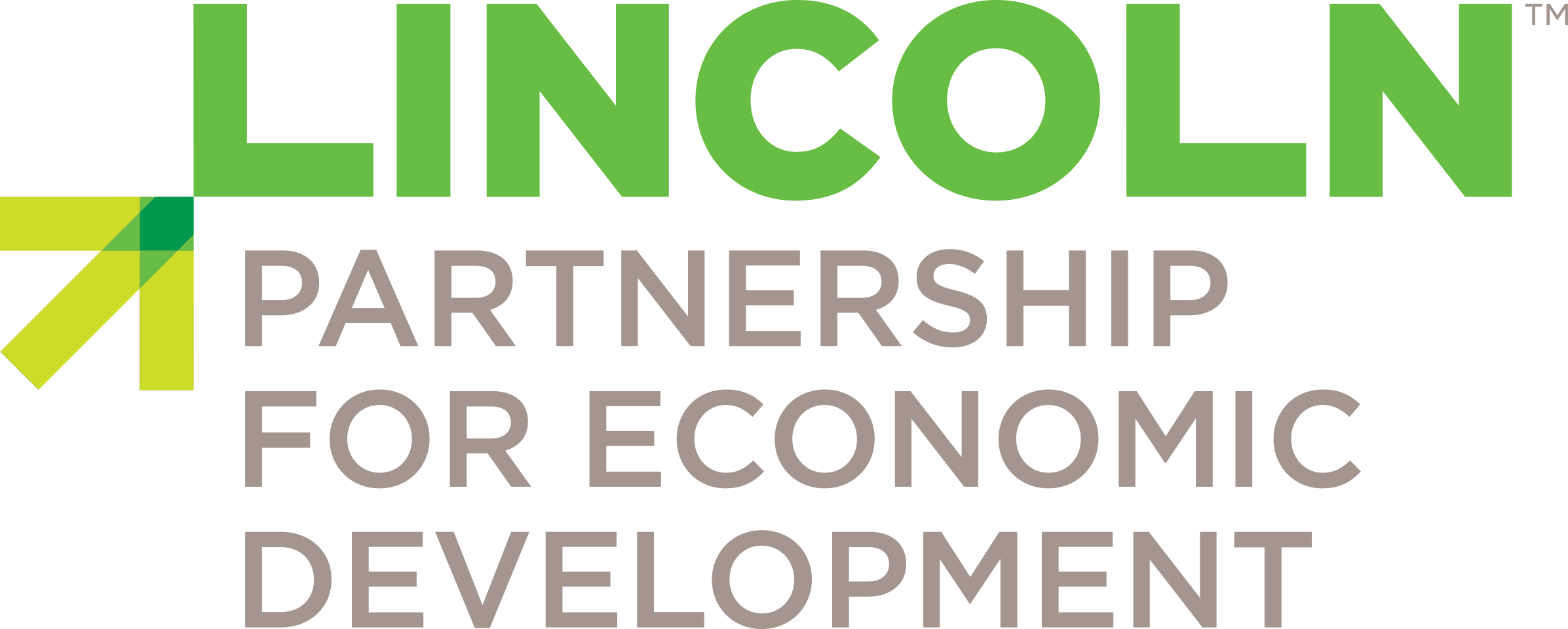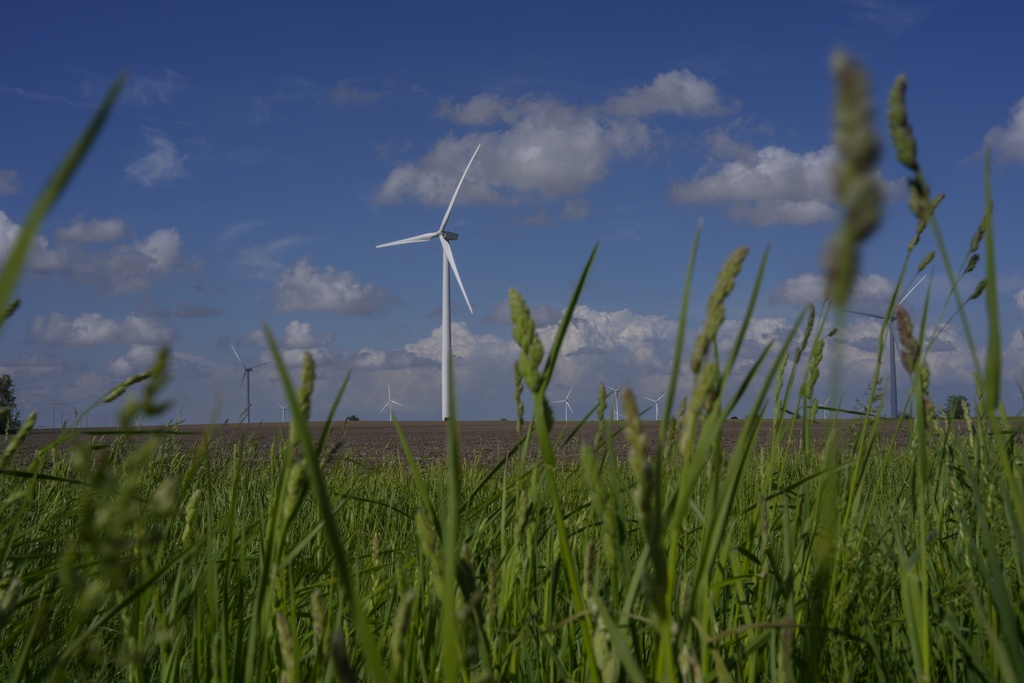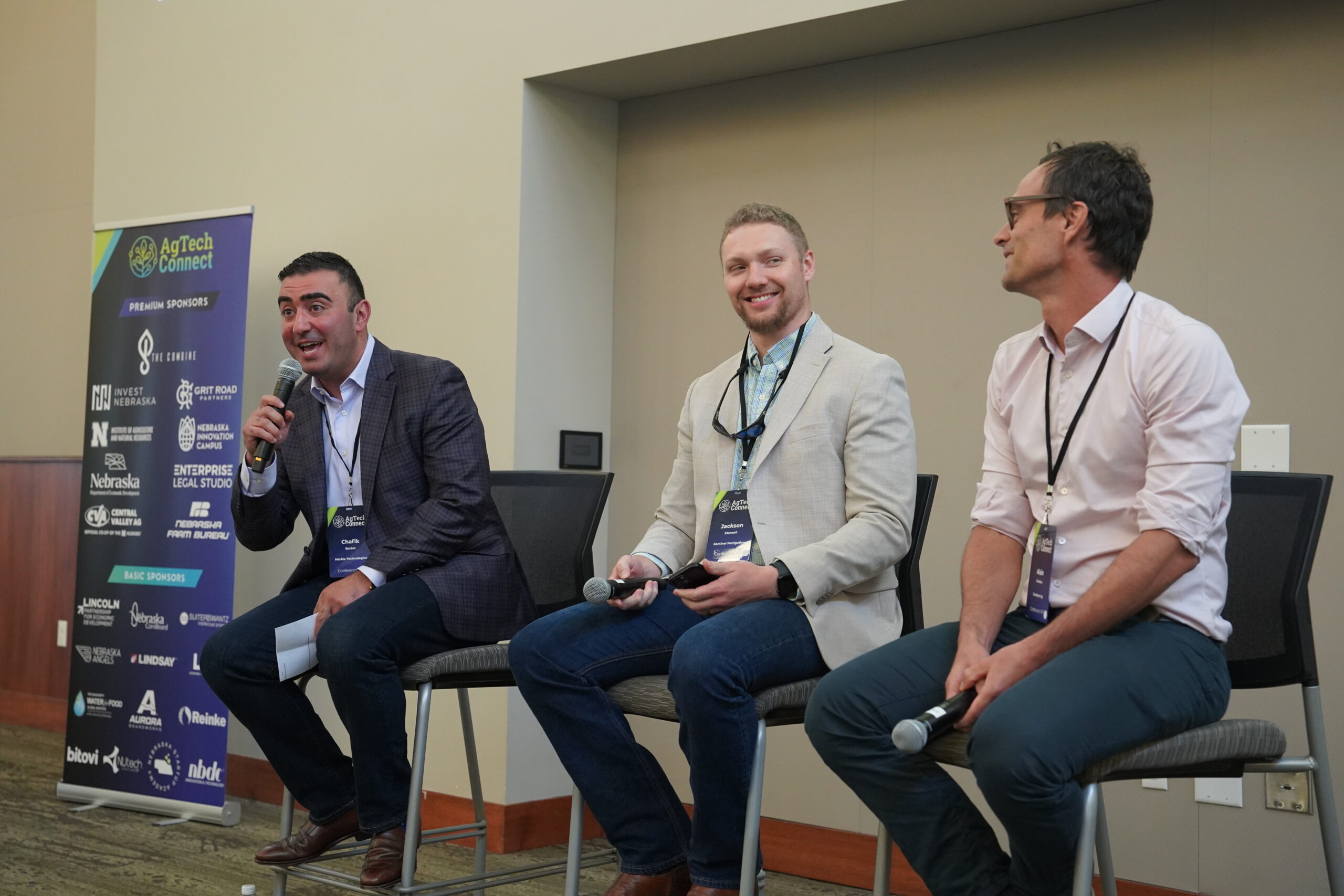Milwaukee based startup SteamChain recently raised capital for a new concept called Machine-as-a-Service (“MaaS”). MaaS is a new idea of selling industrial machines based on performance metrics collected from the machine.
Basically, MaaS is a combination of technologies that allow payments and contracts to be tied to the actual performance of a machine – rather than to an upfront expectation. By using blockchain technology, performance data such as uptime, throughput and quality can be captured, stored, and used to calculate payment terms for the original equipment manufacturers (OEMs).
This data ensures that equipment users are able to tie their own expectations to their actual use and compare those to the terms of the agreement in a way that provides regular payment to OEMs based on performance.
As CEO Michael Cromheecke states, this creates a “warranty on a machine achieving a specific outcome.” For example, Cromheecke explained that today OEMs sell based on the throughput or availability of a machine, but in actual practice, the client has difficulty achieving these levels.
This business model innovation is transformative for the production industry. SteamChain’s ability to collect and keep production availability data associated with machines transforms the way that companies’ can work together to achieve optimal outcomes.
In the past, buyers had to take OEMs at their word regarding how often a piece of equipment breaks down or is otherwise unavailable – SteamChain makes it easy to hold OEMs accountable. However, it also creates a pathway to deeper trust and engagement for OEMs that produce reliable machines. This gives them a third-party verification that what they are selling is what they are delivering – whether that’s production rates, amounts, or availability.
Cromheecke has stated in past interviews that the region from Chicago to Green Bay is full of advanced machinery-makers and under-utilized manufacturing. Using SteamChain, he believes, may create an environment where the machinery is used more fully and OEMs can jumpstart their own growth by proving their quality and assuring customers of their production rate and capacity.
Wisconsin and the area around Lake Michigan is part of the industrial core of America. The location quotient for the State of Wisconsin in manufacturing businesses remains in the high 1.8-1.9 range (nearly twice as dense as the rest of the United States). The employment for manufacturing jobs according to the United States Bureau of Labor Statistics has increased by 15,000+ between the first quarter of 2014 and the first quarter of 2018. Total wages in 2018 were more than $700 million more than in 2014. Despite alarmist views to the contrary, manufacturing is still a vibrant part of the Wisconsin economy.
It is fitting that this blue-collar meets technology company would be founded in Milwaukee. Milwaukee is transforming itself as a bastion of these new blue-collar technology companies. Old style industries are discovering ways to improve their economic outcomes through information technology – whether that be MaaS, data analysis, or blockchain. SteamChain is a leading example, though other companies continue to emerge.
What is further impressive about SteamChain is that it signals the Wisconsin entrepreneurial path. SteamChain recently raised $2.7 million led by the Capital Midwest Fund from a variety of investors including Cream City Labs. From its inception to its current state, SteamChain has benefitted from the path that has been created by Wisconsin ecosystem leaders. For example:
· SteamChain was founded in 2017.
· It joined the Gener8tor fall class of 2017 in Milwaukee.
· In early 2018, the BrightStar Wisconsin Foundation invested $50k.
· In late 2018, Cream City Labs (a new Milwaukee fund tied into Northwestern Mutual), Capital Midwest Fund invested with along with other investors.
This path to success is one of the reasons that Midwest entrepreneurs are bullish on Milwaukee and Wisconsin generally. The transformation of the region is starting to gain momentum. In particular, the effort by Gener8tor to expand its reach into other markets – including Minneapolis and Lincoln – has been impactful on bringing new ideas, new customers, and new partnerships to the table.
SteamChain is one of the beneficiaries of this growing Milwaukee ecosystem. But their success is grown from a keen understanding of how technology fits with advanced machinery and the industrial elements of Wisconsin’s economy. This fit is key to SteamChain’s current and future success.
For more information, check out their website at www.steamchain.io.






